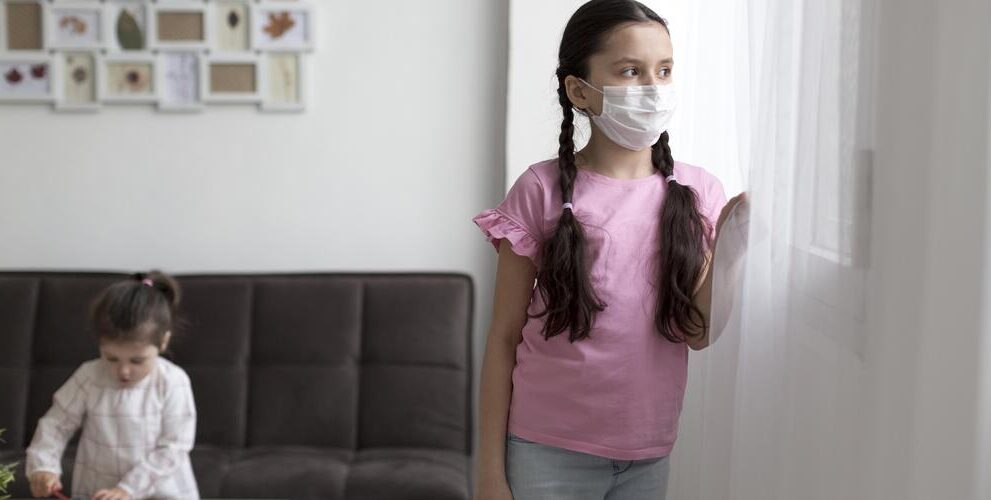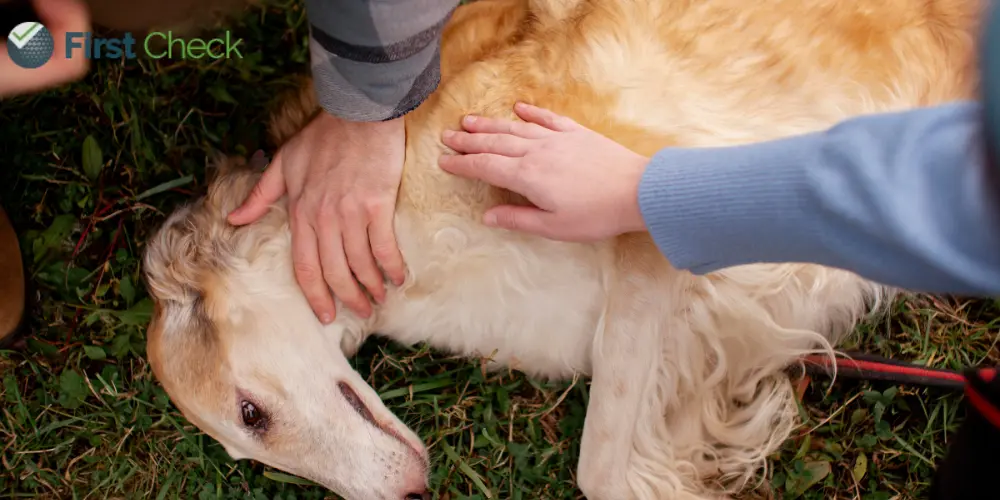Latest
Study links fussiness, sleep issues in kids to Long COVID impact
A JAMA Pediatrics study finds 14–15% of young children show lasting COVID symptoms
Author
Author
- admin / 6 months

- 0
- 2 min read

Author
As COVID-19 cases rise worldwide, a study published in JAMA Pediatrics reveals that young children, including infants and preschoolers, are grappling with Long COVID symptoms that differ from those in adults.
These findings come at a critical time as new variants fuel a rise in infections, raising concerns about the virus’s lasting impact on the youngest patients.
Between March 2022 and July 2024, the study, led by Rachel S. Gross, MD, of NYU Grossman School of Medicine, analyzed 1,011 children, 472 under age 2 and 539 aged 3 to 5, who had previously contracted COVID-19.
It found that 40 of 278 infants 2 years and under (14%) and 61 of 399 children ages 3 to 5 years (15%) had persistent symptoms that could classify as long COVID.
“We found a distinguishable pattern for both age groups of young children, including symptoms that are different than what we see in older children and adults,” said co-senior author Andrea Foulkes, ScD, director of biostatistics at Massachusetts General Hospital (MGH) and a professor in the department of medicine at Harvard Medical School, in a press release from Mass General.
The study showed that nine symptoms in infants/toddlers and 16 in preschoolers lasted longer in at least 5% of infected young children. Five symptoms–trouble sleeping, fussiness, poor appetite, stuffy nose, and wet cough, were significantly more common in infected infants/toddlers. Daytime tiredness or low energy was more common in infected preschoolers, and dry cough was more common in both age groups.
The findings arrive amid a global surge in COVID cases, driven by NB.1.8.1, LF.7, and XFG variants.
Prior studies on long COVID in children indicated that 4–66% of children experienced post-acute COVID-19 symptoms, such as sleep disturbances, respiratory issues, nasal congestion, fatigue, muscle and joint pain, difficulty concentrating, and loss of smell and taste.
A 2024 report noted that 33.6% of 130,010 U.S. children with COVID had at least one lingering symptom 30–180 days later, often leading to more doctor visits.
The study demonstrates the need to characterize long COVID separately across age ranges.
(Do you have a health-related claim that you would like us to fact-check? Send it to us, and we will fact-check it for you! You can send it on WhatsApp at +91-9311223141, mail us at hello@firstcheck.in, or click here to submit it online)










